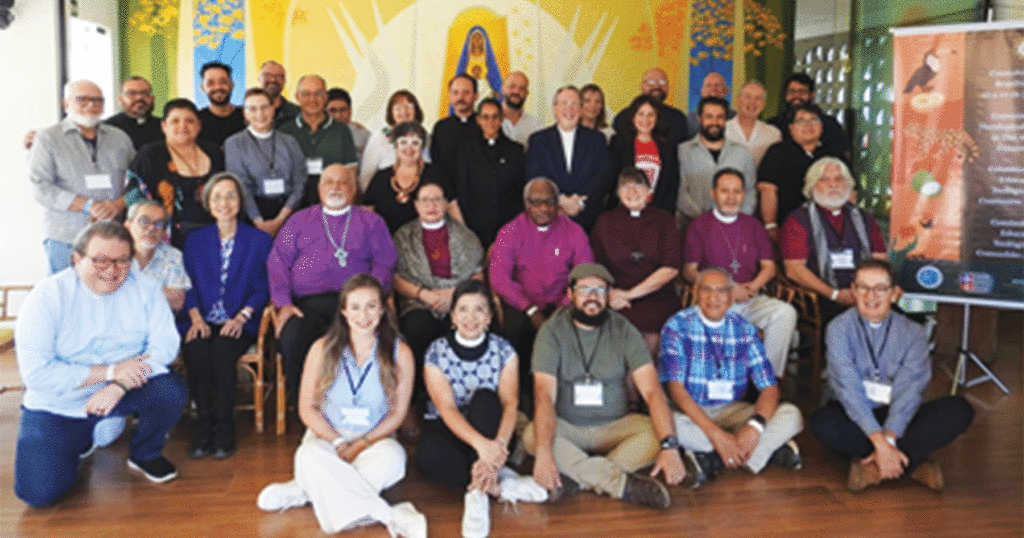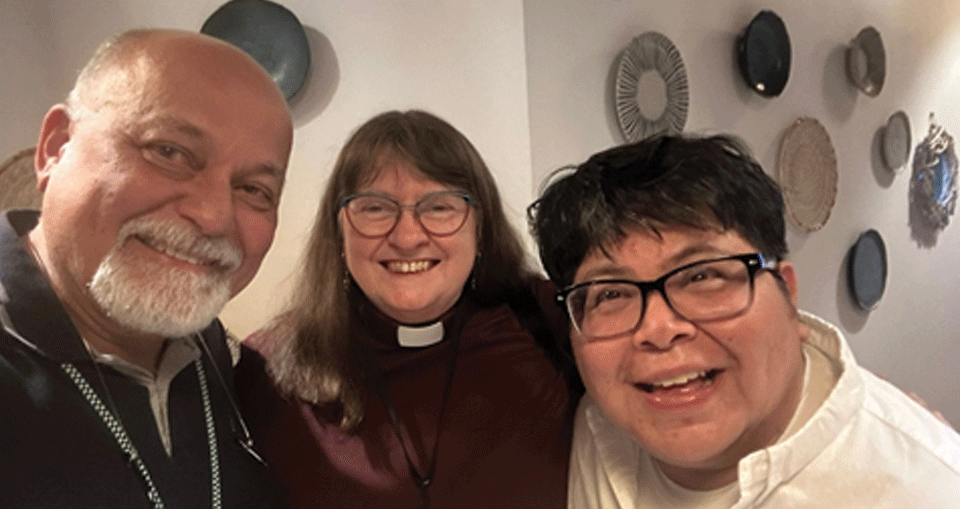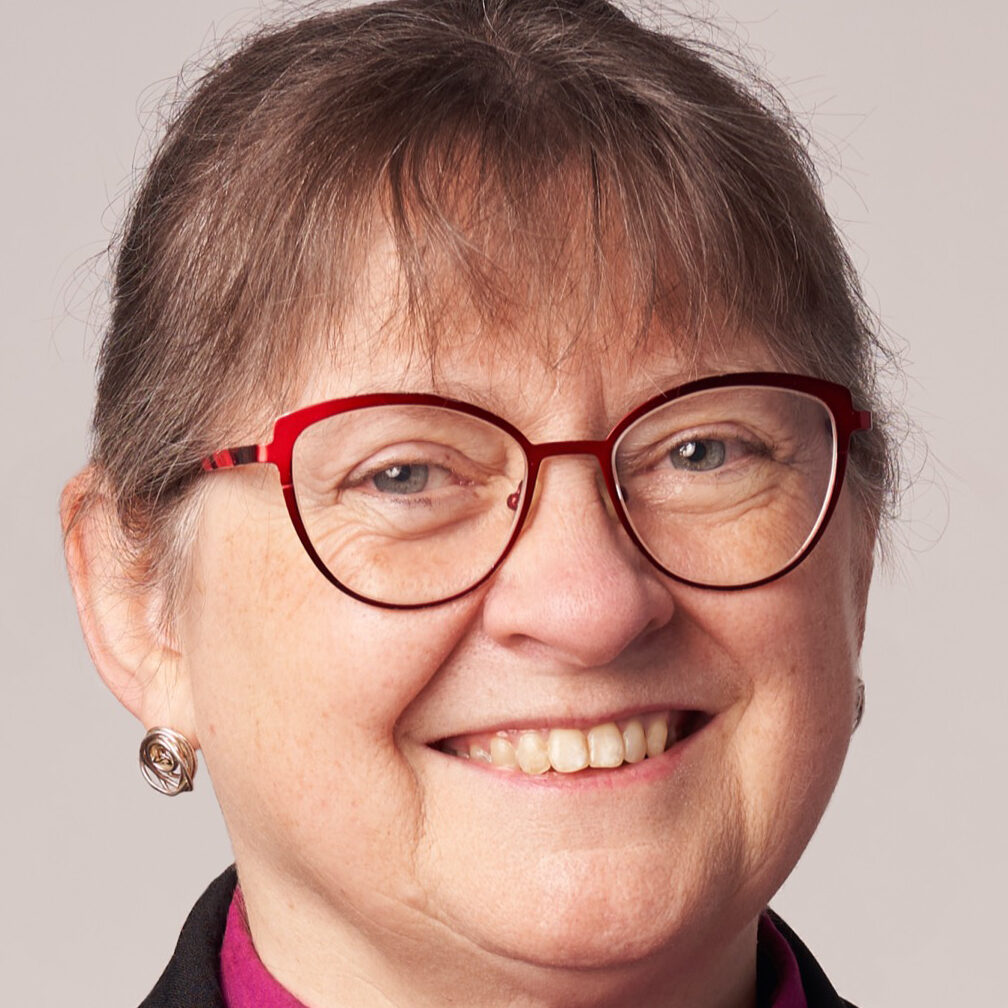For four days in July, I had the immense privilege of attending a conference of the Anglican Communion Theological Education Commission, of which I am a member appointed from Canada. The conference “Decolonizing Theological Education for Discipleship,” was with Church leaders and young theologians from North, Central and South America and the Caribbean. Our guest speaker was Dr. Kwok Pui-Lan, a theology professor at Union Seminary in New York. She grew up in Hong Kong, in the early sixties when Hong Kong was beginning to address moving away from being a colony of England, the same time that we moved from being “The Church of England in Canada” to “ The Anglican Church of Canada”… I would love for every Anglican to read her book “The Anglican Tradition from a Postcolonical Perspective” which examines our history as the Anglican Church and our mixed involvement with the British Empire, so the Gospel message became tainted and confused with the economic, social, cultural forces of that Empire. We know the disastrous consequences of that with Residential schools in Canada.

I found the book hopeful, as she envisions a future for Anglicanism that is “postcolonial, polycentric and pluralistic,” where our leaders are formed as global citizens. Where the church honours local ways the Gospel has been rooted and interpreted.
Dr. Kwok outlined 4Ds: (I am quoting her notes here)
- Disperse: Education is for all disciples, not just clergy.
- Disrupt: Challenge imposed curricula (from other eras or places) and center contextual formation.
- Develop: Create theologies and pedagogies attuned to local needs and learning styles
- Deepen: Nurture spiritual life through embodied practices, particularly empowering women in discipleship and mission.
Every morning we had a Bible study with Dr. Paulo Ueti,Theological advisor of Latin America and the Caribbean of the United Society Partners in the Gospel. He showed us a decolonial approach to Bible study, how to look through the eyes of the powerless. For example he showed us a time-line of the first two centuries of Christianity, demonstrating how the church’s canon of scripture and understanding changed from egalitarian to hierarchical over time, coming in line with values of the Roman Empire.
The Canadian team was 3 people: myself, Christopher Brittain, Academic Dean at Trinity College Toronto, and the Venerable Rosalyn Kantlaht’ant Elm, Archdeacon for Reconciliation for the Diocese of Huron as well as Director of Indigenous Ministries for ACIP (Anglican Council of Indigenous Peoples). We worked on an action plan to bring the ideas from the conference back to our various constituencies in Canada.
The work we did at the conference fits with other pieces in this issue of the Highway, the personal discoveries and questions that David Burrows names in his article “A Place of many fish”, Norene Morrow’s work on helping us honor Indigenous Sunday with music, and the Pathways work of General Synod described by Dean David Tiessen which includes ”Walking in partnership with the Indigenous Church.” The work of Truth and Reconciliation that we have committed to as a church means facing our colonial past and moving beyond it. Yes, “the times they are a changing!”
The conference was in Portuguese and Spanish, with simultaneous English translation, a concrete reminder for me that English is no longer the language of worship and study for most Anglicans around the globe. I was very moved when we were invited to say the “Disciple’s Prayer”, which is what the Brazilians call the Lord’s Prayer. We were invited to pray each in our own language. I heard many languages around me but no one else near me speaking English. It was a Pentecost moment for me, a profound sense of perspective of being part of a global church.
“It was hard to capture the excitement of this conference.”


